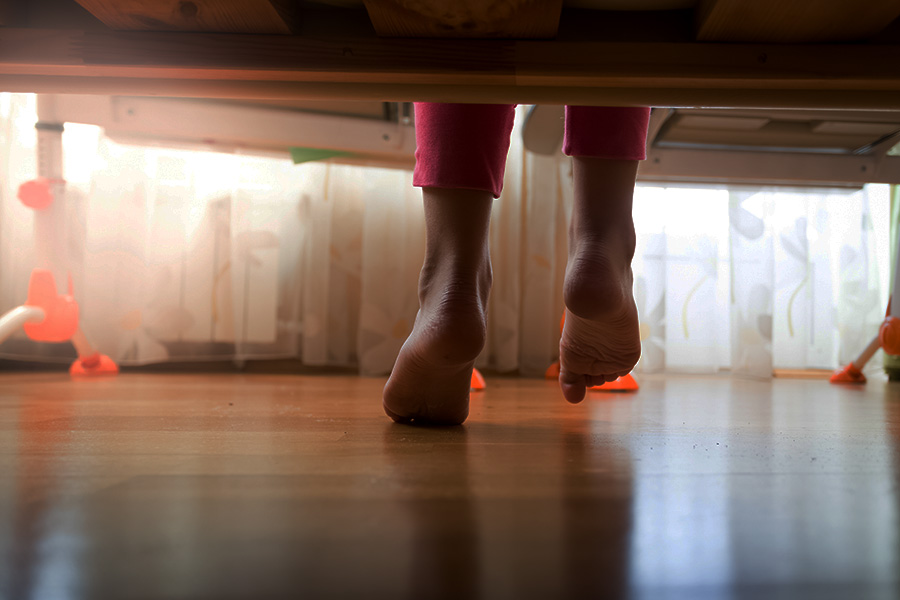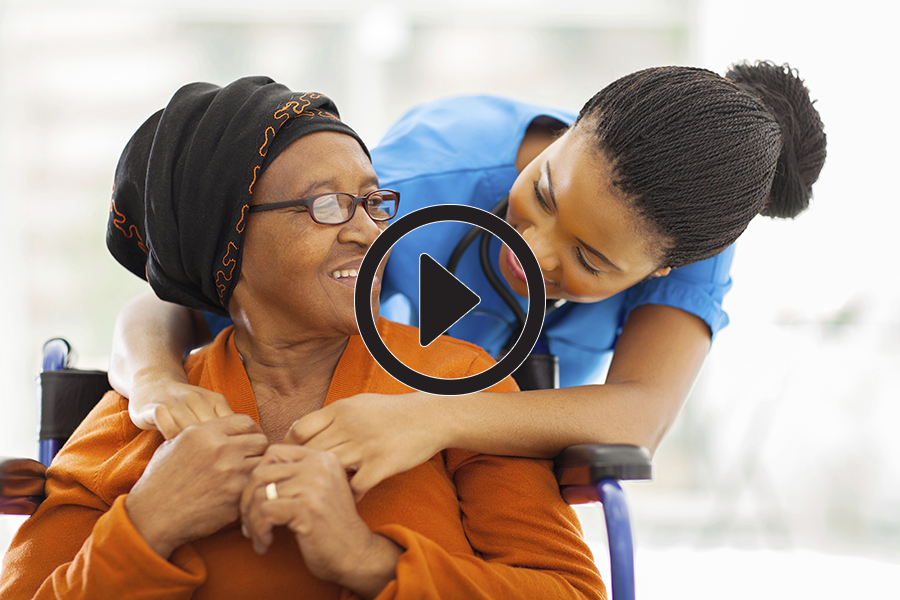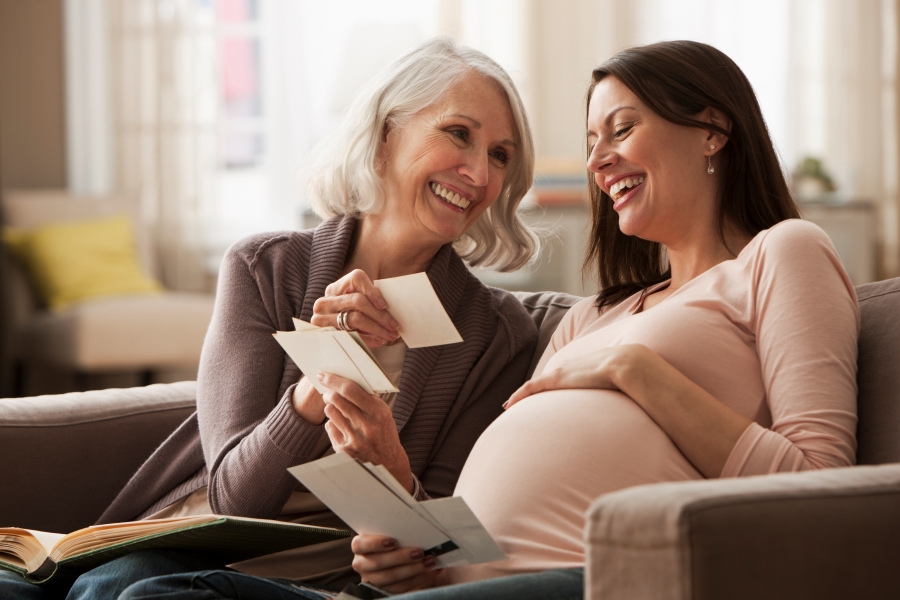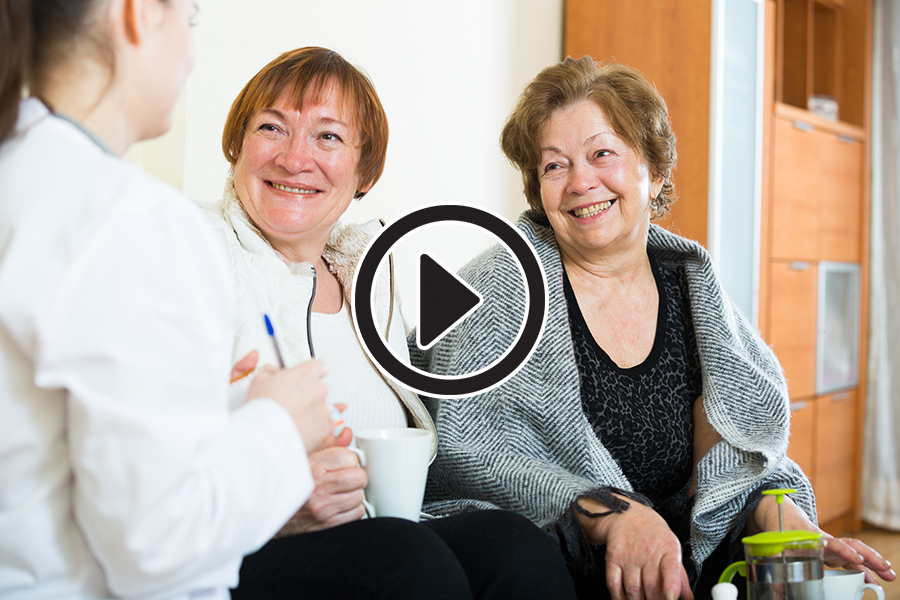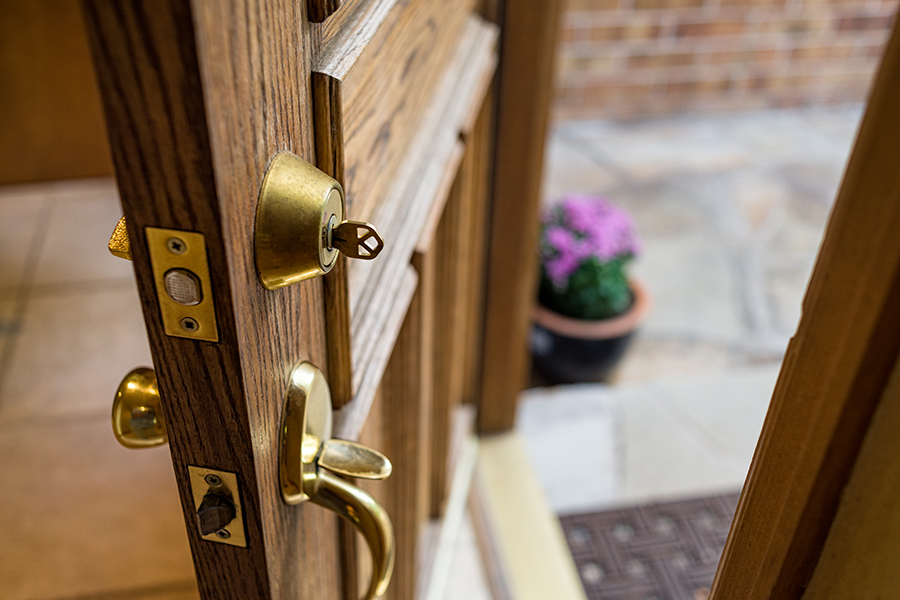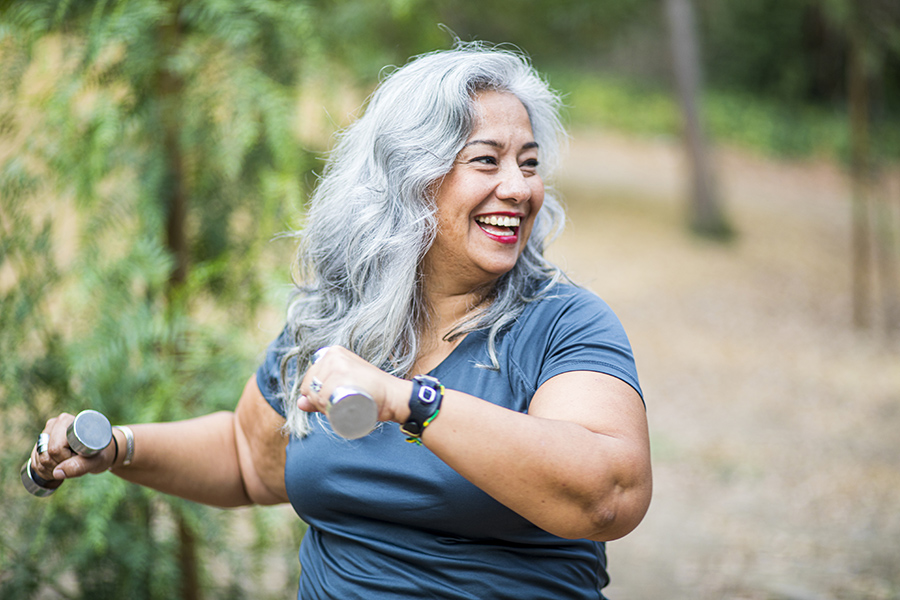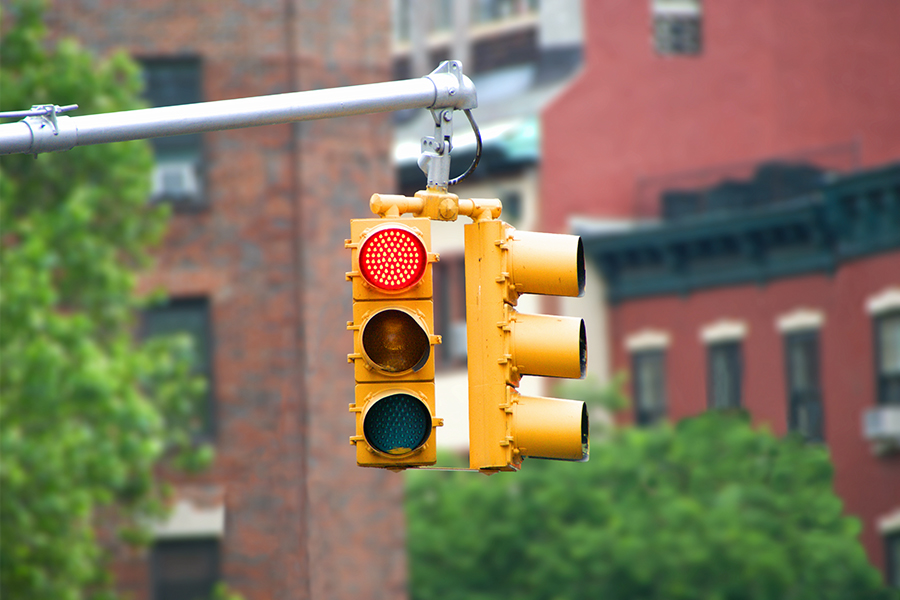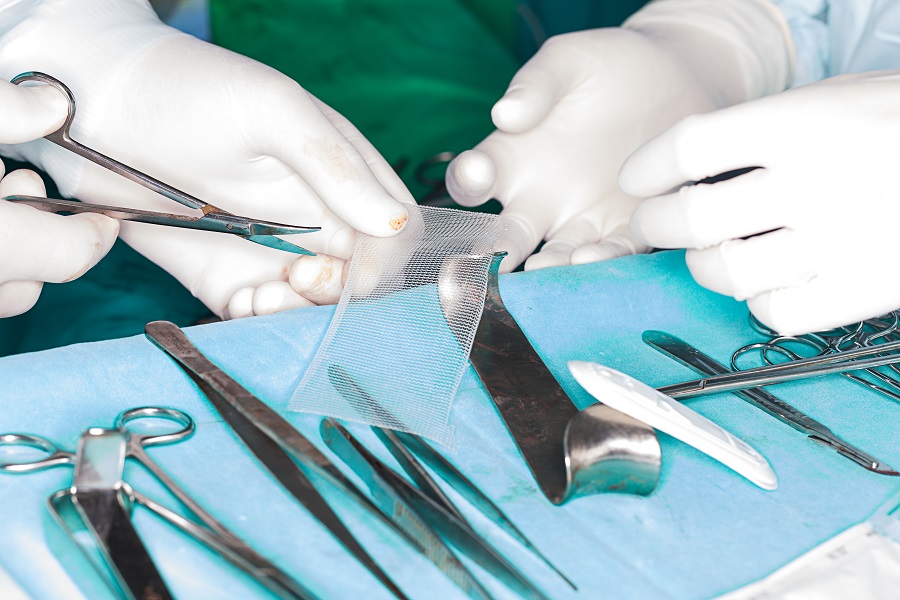Originally published in Science Daily
Women who have not given birth often end up under the radar for research on urinary incontinence. In a study of this group, however, one in five women over 45 years say they experience this type of incontinence.
“This confirms that problems are found in all groups, and that women have a weakness of the pelvic floor even if they have not previously given birth,” says Maria Gyhagen, gynecologist at Södra Älvsborg Hospital in Borås and researcher at Sahlgrenska Academy at Gothenburg University.
The study involved about 9,200 women aged 25-64 years who had never given birth. Their problems varied significantly with age and weight.
Increases with age
In the category young women (25-35 years) with normal weight (BMI up to 25), 10 percent said they had urinary incontinence. Among the oldest in the study (55-64 years) with a BMI over 35, almost every other woman experienced this type of incontinence.
Of all women aged 45-64 in the study, more than 20 percent reported urinary incontinence.
The prevalence of mixed incontinence increases with age. This is a combination of leakage during exercise and urge incontinence. Seventeen percent of women over 55 said they had to get up and urinate at least twice per night. For those who reported incontinence, 25-30 percent experienced their incontinence as bothersome.
“The original purpose of the study was to measure the effects of pregnancy in itself and the potential protective effect of caesarean section. At the same time, we have collected the world’s first and most detailed data for this particular reference group,” says Maria.
Particularly vulnerable
Women who have not given birth are, in general, less likely to suffer from urinary incontinence compared to women after childbirth. Maria Gyhagen thinks that this group is of special interest also because most of the younger women will become pregnant and give birth.







